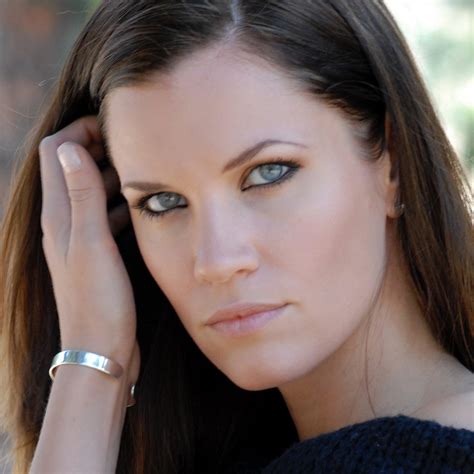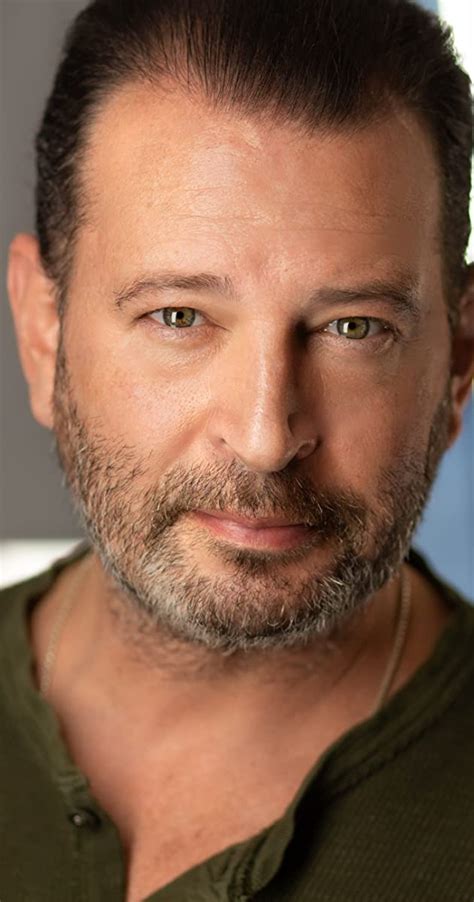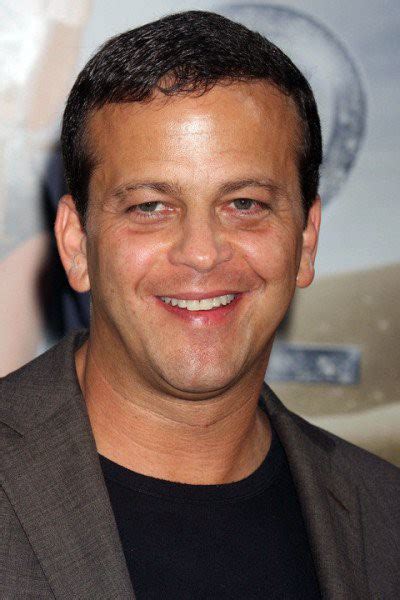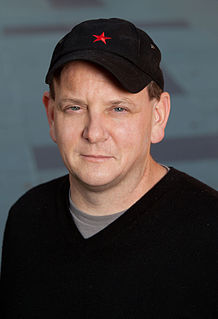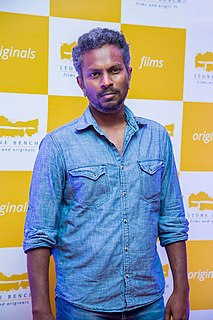A Quote by Aaron Sorkin
I don't think I write differently when I'm writing a screenplay, as opposed to a stage play or a teleplay. Maybe if I were in a film class and there was time to think about it, we could point out differences.
Quote Topics
Related Quotes
First, there has been a lot of interest in The Drive-in, but, alas, it hasn't actually come to fruition. Maybe soon. Don really got Bubba and I didn't think it could be a film. I thought it was too odd to make it to film. He asked me to do the screenplay, but I declined. I didn't see that it could be a screenplay but he wrote one and proved me wrong. He was always considerate about what I thought about the film and the story's presentation, but in the end, he's the director and he had to make decisions. All good ones.
When I set out to write a screenplay, I have in my mind a beginning and an end but that end part continually changes as I start to write the middle. That way by the time the screenplay is finished I have taken myself and my audience from a familiar beginning point through the story to an unfamiliar ending point.
Film writing and concert writing are two very different things. In film writing I am serving the film and it tells you what to write. I have to stay within the parameters of the film. In writing concert music for the stage I can write anything I want and in this day and modern age rules can be broken.
We now live in a world both in film and television where everything is based on something. You point out, "Star Wars" was an original screenplay, "Raiders of the Lost Ark," an original screenplay, "Ghostbusters" an original screenplay, "Back to the Future." All these things that people love were original ideas many years ago.
Whether it's writing a monologue or writing standup or writing a screenplay or writing a play, I think staying involved in the creation of your own work empowers you in a way, even if you don't ever do it. It gives you a sense of ownership and a sense of purpose, which I think as an actor is really important.
Plays are literature: the word, the idea. Film is much more like the form in which we dream - in action and images (Television is furniture). I think a great play can only be a play. It fits the stage better than it fits the screen. Some stories insist on being film, can't be contained on stage. In the end, all writing serves to answer the same question: Why are we alive? And the form the question takes - play, film, novel - is dictated, I suppose, by whether its story is driven by character or place.
GOOD AS NEW was born out of the idea of writing a play where the stakes were high and the collisions were of a verbal nature. Also I wanted to write a play where people were smarter than I was, and more alive than I feel normally. I became interested in the idea of characters who would surprise me. I guess one could argue that nothing comes out of you that wasn't within you to begin with, but maybe there are ways to trick yourself into becoming more an observer or an advocate for the characters.
There was no real strategic decision about editorial tone. It was kind of a write whatever you want to write, and we'll see how it goes. I think that we lucked out in that all of the women who started writing at Feministing.com were really funny, and I don't think that's something people are used to seeing or hearing when they read feminism. You know, you think feminism and you kind of think academic, women's studies, dry, humorless; there are all of these stereotypes that go along with what feminist thought is and what feminist writing is.


